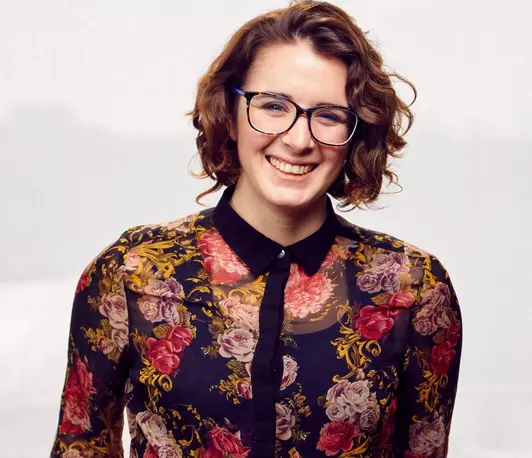Discovering reward-guided learning strategies from large-scale datasets
- Date: Jun 2, 2025
- Time: 03:00 PM - 04:00 PM (Local Time Germany)
- Speaker: Dr. Kim Stachenfeld
- Google DeepMind NYC and Center for Theoretical Neuroscience at Columbia University
- Location: MPI for Intelligent Systems, Max-Planck-Ring 4
- Room: Seminar Room + Zoom
- Host: Dr. Peter Dayan
- Contact: azadeh.nazemorroaya@tuebingen.mpg.de

Abstract: Understanding the neural mechanisms of reward-guided learning is a long-standing goal of computational neuroscience. Recent methodological innovations enable us to collect ever larger neural and behavioral datasets. This presents opportunities to achieve greater understanding of learning in the brain at scale, as well as methodological challenges. In the first part of the talk, I will discuss our recent insights into the mechanisms by which zebra finch songbirds learn to sing. Dopamine has been long thought to guide reward-based trial-and-error learning by encoding reward prediction errors. However, it is unknown whether the learning of natural behaviours, such as developmental vocal learning, occurs through dopamine-based reinforcement. Longitudinal recordings of dopamine and bird songs reveal that dopamine activity is indeed consistent with encoding a reward prediction error during naturalistic learning. In the second part of the talk, I will talk about recent work we are doing at DeepMind to develop tools for automatically discovering interpretable models of behavior directly from animal choice data. Our method, dubbed CogFunSearch, uses LLMs within an evolutionary search process in order to "discover" novel models in the form of Python programs that excel at accurately predicting animal behavior during reward-guided learning. The discovered programs reveal novel patterns of learning and choice behavior that update our understanding of how the brain solves reinforcement learning problems.
Bio: Dr. Kim Stachenfeld is a Senior Research Scientist at Google DeepMind in NYC and Affiliate Faculty at the Center for Theoretical Neuroscience at Columbia University. Her research covers topics in Neuroscience and AI. On the Neuroscience side, she studies how animals build and use models of their world that support memory and prediction. On the Machine Learning side, she works on implementing these cognitive functions in deep learning models.
Lab's webpage: https://neurokim.com/
Access to the meeting: Zoom Link